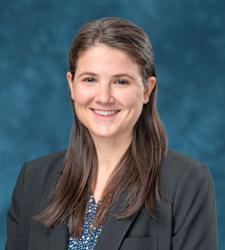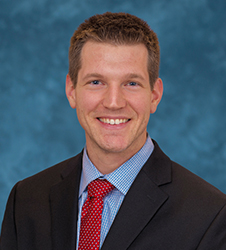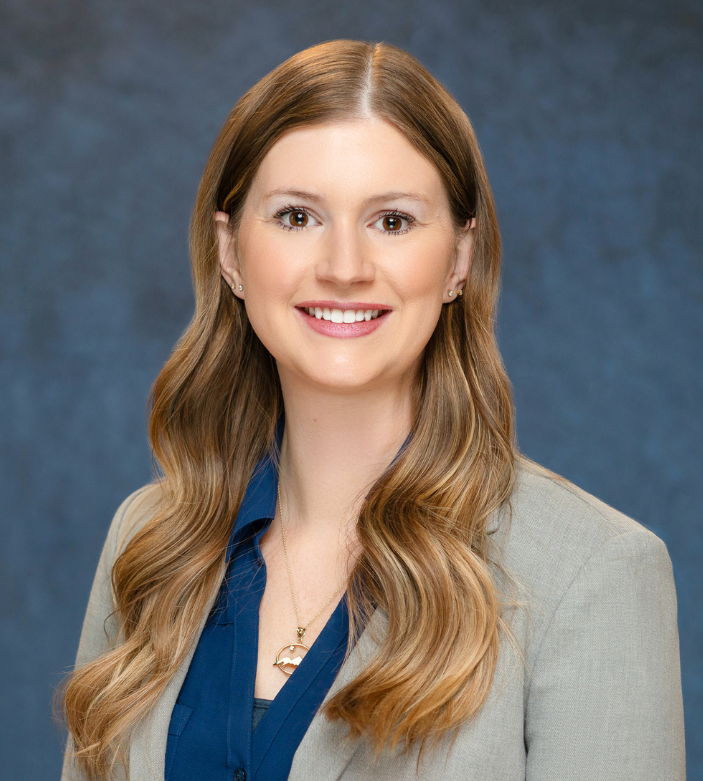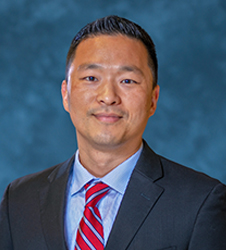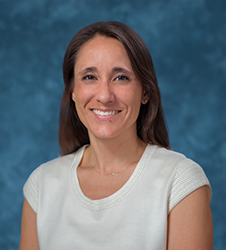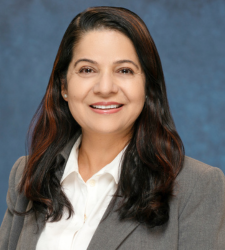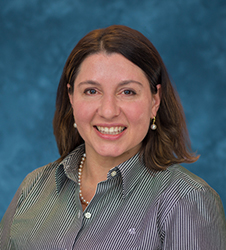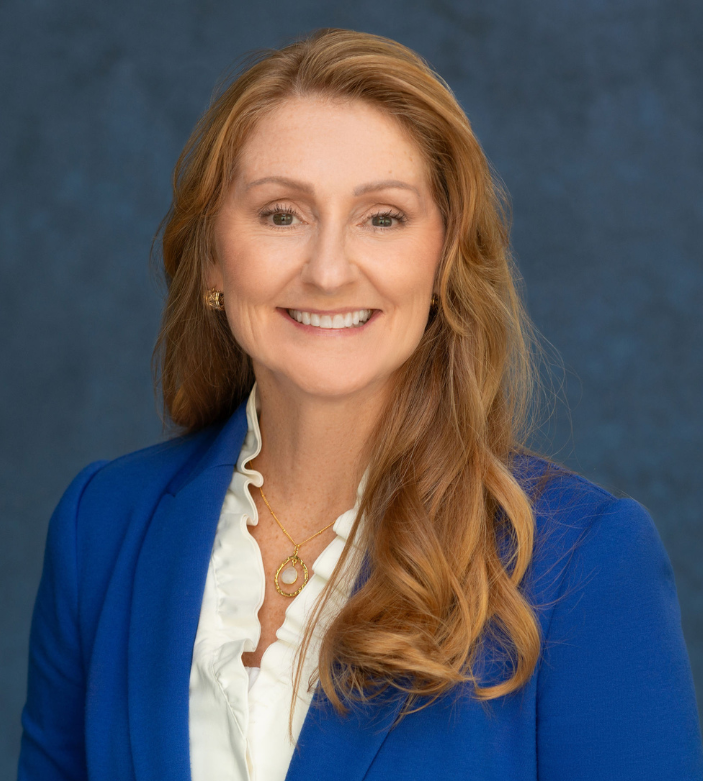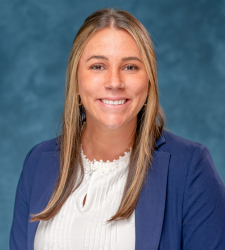General Cardiology
#1
Killer of Men
#1
Killer of Women
51
Physicians
Over 30
Years in practice
Each year, more than 100,000 patients visit Virginia Heart to receive the most advanced care for cardiovascular diseases. Our expert team uses an interdisciplinary approach that offers the best possible outcomes to all of our patients.
Symptoms or Reasons to See a Cardiologist
If you experience any of these symptoms, please call our office to schedule an appointment to meet with one of our cardiologists. Chest pain or pressure, shortness of breath, heart palpitations (fluttering of the heart), swelling (edema), dizziness or fainting, erectile dysfunction, pain in the legs when walking.
Diagnostic Testing
Depending on your symptoms, your cardiologist will perform various diagnostic tests to help diagnose your heart disease. Click here to view a full detailed listing of the diagnostic tests a Virginia Heart cardiologist would perform.
Expertise when you need it Most
With our 51 physicians and 22 advanced practice providers, Virginia Heart saw over 100,000 patients in 2019. This high volume of patients makes us the largest provider of cardiovascular services in the Washington, D.C. Metropolitan area. Our specialists are highly trained in every specialty of cardiology, with their expertise applied to your care your heart is in very good hands.
Advanced Practice Providers
The Nurse Practitioners and Physician Assistants work with your Doctor to create and coordinate a care plan for each individual patient. As part of our Cardiac Care Team at Virginia Heart we are fortunate to have a group of highly qualified Advanced Practice Providers including our Nurse Practitioners (NPs) and Physician Assistants (PAs). Advanced Practice Providers are licensed healthcare professionals authorized to practice medicine under the supervision of a physician. They have advanced degrees in the health sciences to include at least a master's degree or doctorate.
Common Questions & Answers
What are the risk factors for heart disease and what can I do to reduce my risk?
The most common risk factors for heart disease are smoking, high blood pressure, unhealthy cholesterol levels, diabetes, obesity, and family history of heart disease. To reduce your risk for heart disease you should maintain a healthy lifestyle, through a balanced diet and daily physical activity. Controlling other conditions like high blood pressure and diabetes is also very important. Finally, no one should use tobacco. Ever.
Who should be tested for heart disease?
People who have the risk factors listed above should speak to their primary care provider as whether or not screening would be helpful. Also people who have symptoms that they think might be due to heart disease should seek medical attention early.
What are the major symptoms for heart disease?
Cardiovascular disease symptoms may be different for men and women. Women should be aware of these symptoms (view our Women’s Heart Health page). Common symptoms include chest pain, chest tightness, chest pressure and chest discomfort, shortness of breath, and pain in the neck, jaw or back.
How will you work with my other healthcare providers?
At Virginia Heart, we value providing our patients with a comprehensive care plan. This plan includes discussions and consultations with our patients’ other providers so that we can, together with the patient, develop the best course of action for our patients’ health.
Meet our General Cardiologists:
Physicians
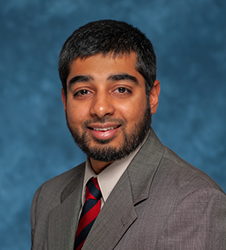
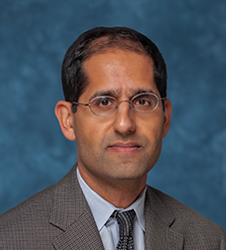






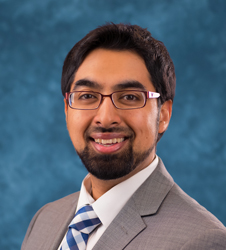
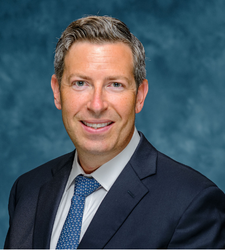

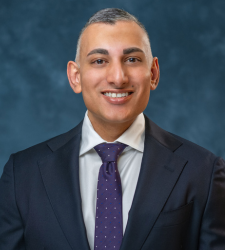



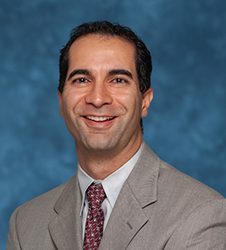


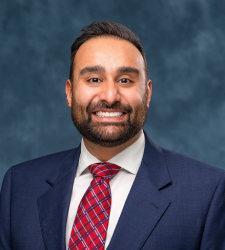
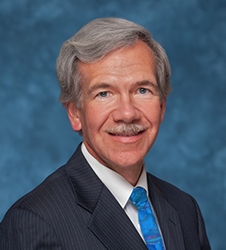
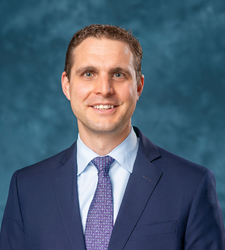

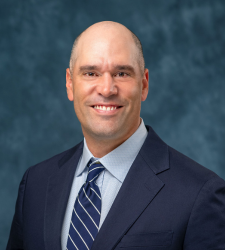
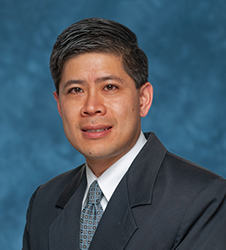

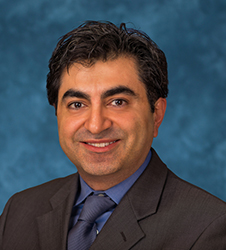
.png?sfvrsn=f4765e04_1)
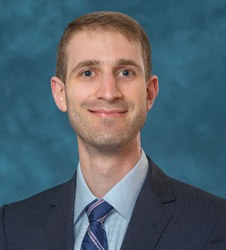
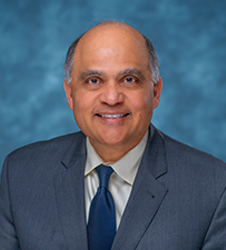
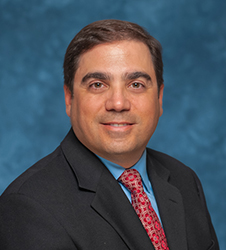

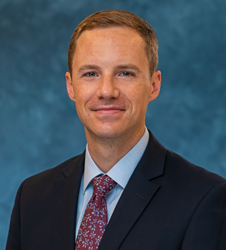

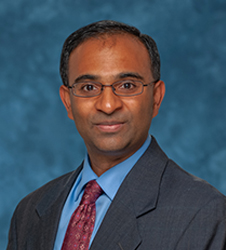
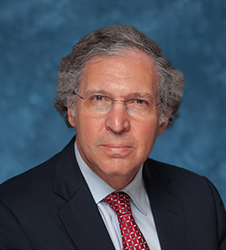

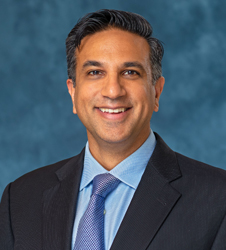

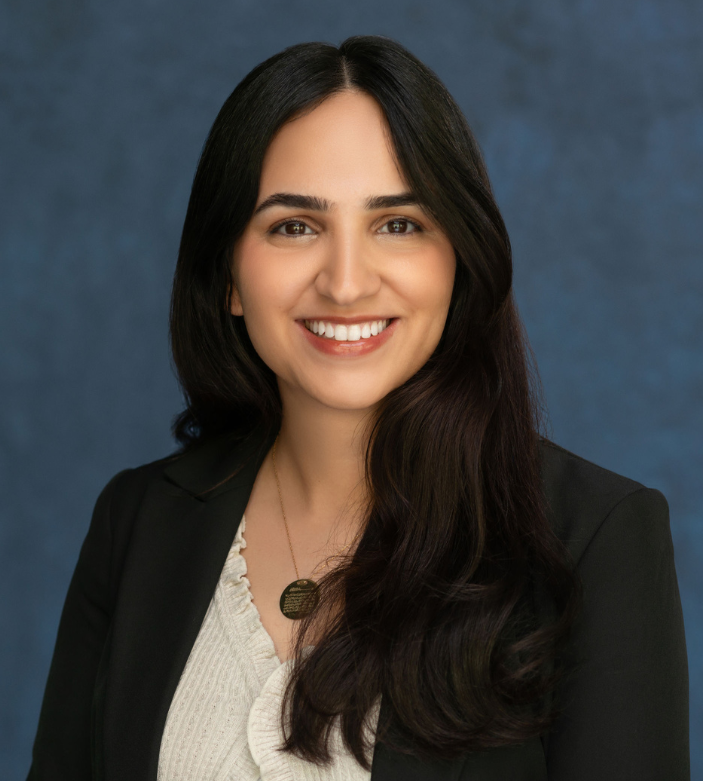

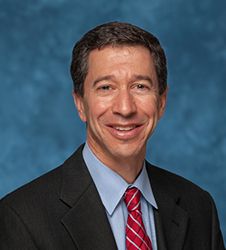

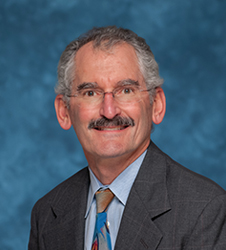
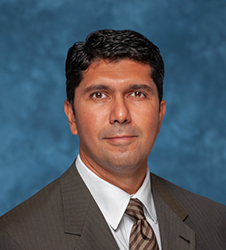
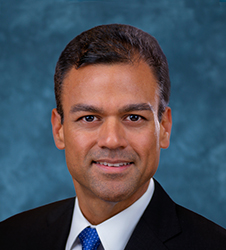
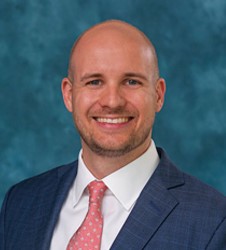

Advanced Practice Providers
